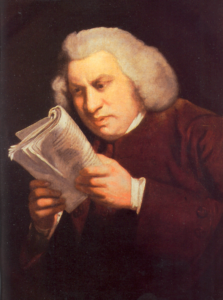“Poets have been mysteriously silent on the subject of cheese.” So said G.K. Chesterton, in his 1910 Alarms and Discursions. “Not silent enough,” is the verdict of poetry lovers who have encountered the following:
Ode on the Mammoth Cheese Weighing over 7,000 Pounds
We have seen the Queen of cheese,
Laying quietly at your ease,
Gently fanned by evening breeze --
Thy fair form no flies dare seize.
All gaily dressed soon you'll go
To the great Provincial Show,
To be admired by many a beau
In the city of Toronto.
Cows numerous as a swarm of bees --
Or as the leaves upon the trees --
It did require to make thee please,
And stand unrivalled Queen of Cheese.
May you not receive a scar as
We have heard that Mr. Harris
Intends to send you off as far as
The great World's show at Paris.
Of the youth -- beware of these --
For some of them might rudely squeeze
And bite your cheek; then songs or glees
We could not sing o' Queen of Cheese.
We'rt thou suspended from a balloon,
You'd caste a shade, even at noon;
Folks would think it was the moon
About to fall and crush them soon.
– James McIntyre, 1884
Scotsmen may boast of William McGonnigal as the world’s worst poet but Canadian hearts beat faster at the mention of James McIntyre. To be sure, McIntyre was born in Scotland in 1828 and emigrated to Canada in 1851, but is in the True North where McIntyre’s muse led him to a career of hymning the praises of cheese. His greatest work is printed above but connoisseurs of the pressed curds of milk also point to his “Oxford Cheese Ode”: The ancient poets ne’er did dream/ That Canada was land of cream,/ They ne’er imagined it could flow/ In this cold land of ice and snow,/ Where everything did solid freeze/ They ne’er hoped or looked for cheese.
An annual cheese-themed poetry competition is held in his adopted home of Ingersoll, Ontario.

